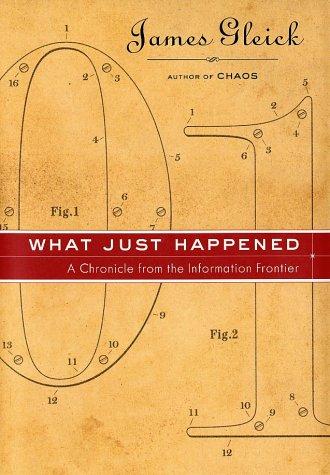

Most ebook files are in PDF format, so you can easily read them using various software such as Foxit Reader or directly on the Google Chrome browser.
Some ebook files are released by publishers in other formats such as .awz, .mobi, .epub, .fb2, etc. You may need to install specific software to read these formats on mobile/PC, such as Calibre.
Please read the tutorial at this link: https://ebookbell.com/faq
We offer FREE conversion to the popular formats you request; however, this may take some time. Therefore, right after payment, please email us, and we will try to provide the service as quickly as possible.
For some exceptional file formats or broken links (if any), please refrain from opening any disputes. Instead, email us first, and we will try to assist within a maximum of 6 hours.
EbookBell Team

4.1
20 reviewsThis book of previously published essays by the author of and is an eclectic chronicle of the information revolution's first 10 years. "The last decade of the twentieth century came as a surprise," writes James Gleick. What Just Happened shows how surprising it was: in the book's first piece, from 1992, Gleick notes that "a relatively small number of personal computer users use Windows." (He's a good sport about it, too, poking fun at himself in an introduction for making such an obsolete observation.) A longish piece on Microsoft from 1995 seems to correct the problem when Gleick comments on "the ever-advancing boundary of Microsoft's Windows package." Then it goes on to get something really right: "Microsoft's own power poses a threat, too--the threat that comes with the self-fulfilling destiny of any monopolist." That's a prescient observation, considering the antitrust actions taken against the company since those words were written. The closing chapter of the book is fascinating and forward-looking; it's not about what just happened but what may happen. Gleick anticipates the appearance of wristwatches containing "biometric information about your loved ones, so you can see how your parents are doing." If that doesn't sound exciting enough, consider this prediction: "One can even imagine properly functional motor-vehicle offices." Now that's something to look forward to. --John Miller
From Library JournalThe expert science writer who explained Chaos to us now explains what technology has done to our lives.
Copyright 2002 Cahners Business Information, Inc.